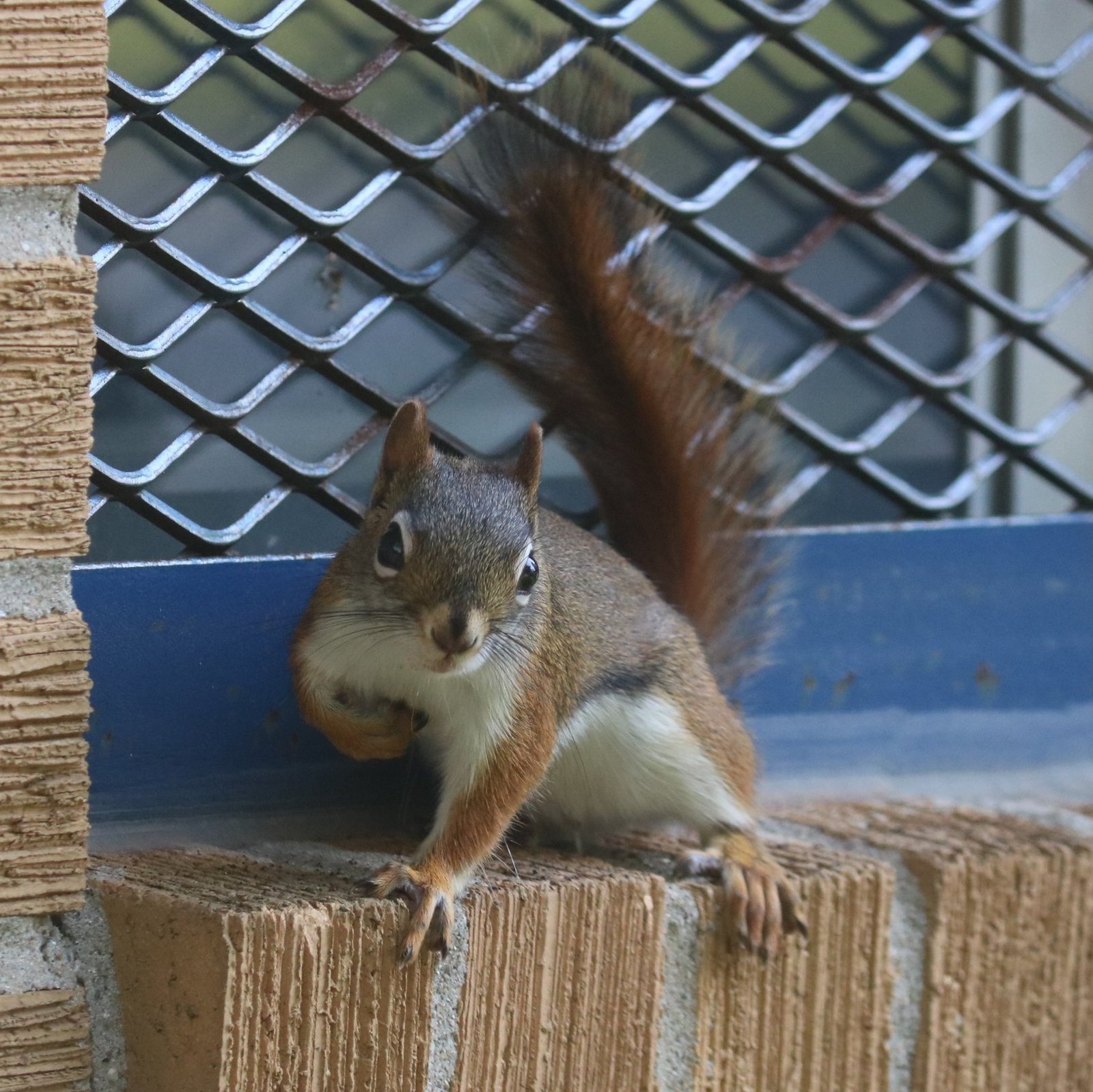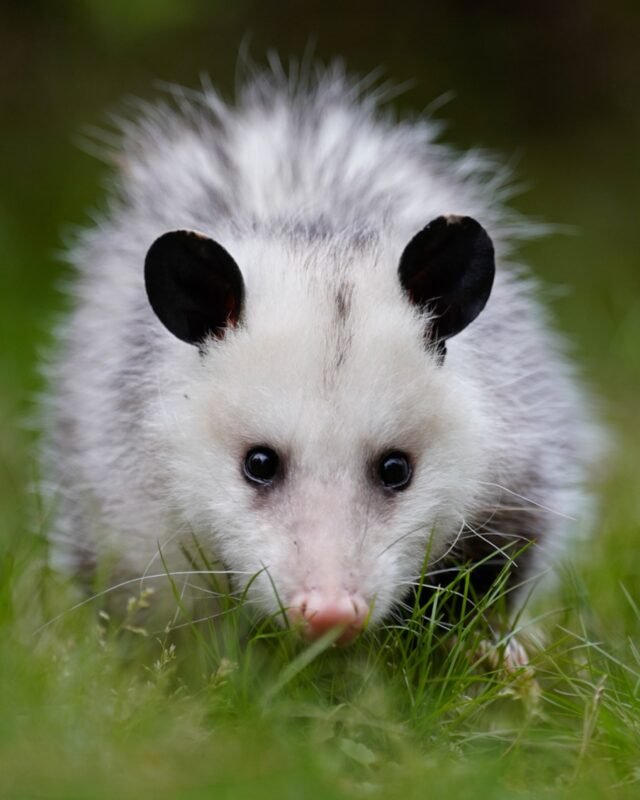Animals that eat ticks

*Red squirrel photo by Marion J Chard
Here in Michigan as elsewhere, ticks can not only be annoying but darn right dangerous, as they can carry diseases such as Lymes. I’ve been lucky so far this year, and only found one on my person, ick, early in May.
Upon reading a few articles this week, I discovered that many backyard animals and birds eat ticks, so if you are lucky enough to have them around, it is a bonus. Obviously, they aren’t the cure all, so it’s always wise to be cautious and to take preventative measures, such as wearing long sleeves, and tucking your jeans into your socks, and of course, using one of the many mosquito and tick sprays, etc.
Additional tips:
- Keep your grass short
- Clean up lawn clippings
- Create a barrier of mulch around your yard
- Weed and trim any tall weeds or plants
- Use professional pest control services to protect your yard
According to Field and Stream and other sources, here’s a list of some wildlife that will eat ticks.
- Frogs: Frogs will slurp up ticks if the opportunity arises. But, since frogs live in water and ticks live on land, their paths rarely cross.
- Toads: Since toads share ground space with some ticks, they are more likely to eat them than frogs are.
- Spiders: Wolf, brown recluse, house, and cobweb spiders are known to catch and eat ticks.
- Racoons: Racoons clean themselves multiple times a day—and eat the ticks they find in the process.
- Insects and other arthropods: Beetles. Ladybugs, dragonflies, true bugs, centipedes, and ants will occasionally eat ticks if they can get their mandibles on them. These arthropods are more likely to prey on ticks when they are fully engorged with blood.
- Rodents: Mice, rats, shrews, chipmunks, and squirrels will eat most of the ticks that latch onto them and, in some cases, hunt them down. Unfortunately, they also serve as nature’s primary reservoirs for tick-borne diseases. White-footed mice, for example, are the ecological wellspring for Lyme disease bacteria.
- Songbirds and woodpeckers: Woodpeckers and many passerines, like bluejays, grackles, northern mockingbirds, black phoebes, wrens, robins, magpies, crows, eastern bluebirds, purple martins, swallows, and nuthatches will eat ticks they encounter on a tree or in the bushes.
- Ground-feeding birds: Pheasants, quail, partridges, roadrunners, guinea fowl, chickens, and wild turkeys all eat ticks as they scour the ground for a meal.
- Cattle birds: Oxpeckers and cattle egrets groom large wild and domesticated animals, eating ticks and other insects they find while combing through their coats.
- Lizards: A variety of lizards, especially in the southern and western U.S. states, both host and eat ticks.
- Opossums: There’s an oft-repeated claim on the web that opossums are like understory mops— they soak up whatever ticks they encounter on the possum trail, then feast on them.

Did you know that opossums, America’s only marsupial, can be your secret ally against ticks? Before you raise an eyebrow in disbelief, consider this; these nocturnal prowlers are virtual vacuum cleaners when it comes to ticks. Opossums go about their nightly foraging with little hunt-and-peck nibbles that make them excellent at snagging ticks off plants and preventing these tiny blood suckers from hitching a ride on humans or pets.
Birdtipper
Each single opossum can eat up to 5,000 ticks per season! They seem to have an innate immunity against Lyme disease – hence even if they do get bitten by an infected tick, the disease does not survive within them. So rather than stigmatizing opossums as pests, perhaps it’s time we start viewing them as beneficial backyard buddies keeping our yards free of those dreaded ectoparasites.
You can encourage possums to come to your bird feeding area at night. These often misunderstood yet beneficial marsupials are enticed at bird feeding areas after dark and encouraging them is not as complex as you may imagine!
Start with leaving bits of fruit out during twilight hours. Opossums are eclectic eaters with a partiality towards fruits such as apples, bananas, and pears. Embellish your bird feeder area with these delectable treats to create an enticing scent trail under the cloak of darkness. Since their eyesight isn’t strong, they rely heavily on their extraordinary sense of smell to locate food.


Leave a Reply